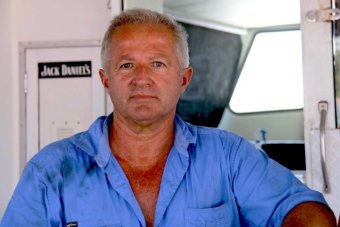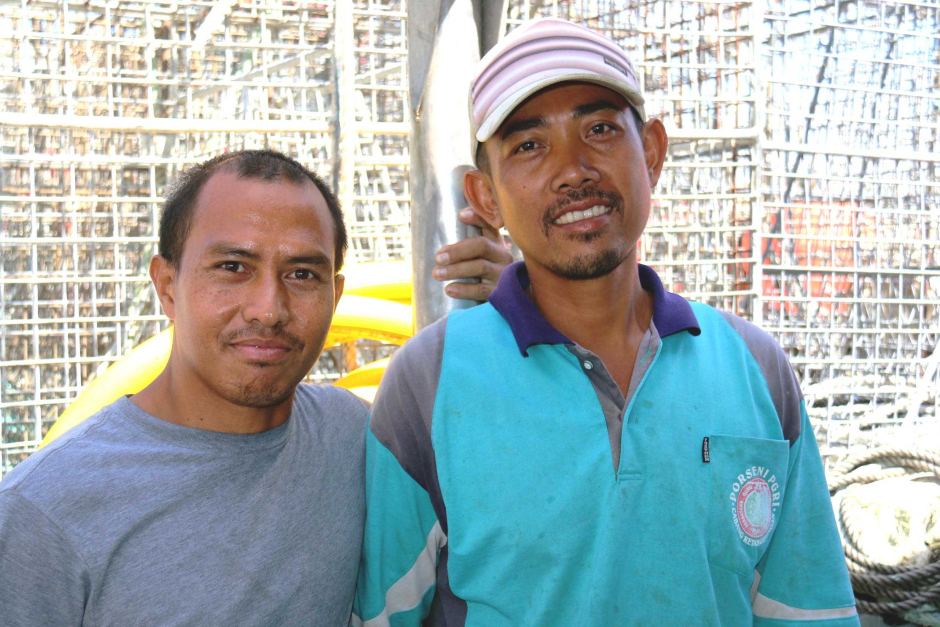9 July 2015
Joanna Crothers
ABC News
Amid excitement about historic plans for Developing the North, Northern Territory businesses are struggling to see how they will be able to employ sufficient interstate and foreign workers.
Attracting skilled labour has long been an obstacle to economic development in northern Australia and in recent years this has been exacerbated by a resources boom.
Businesses have complained that the high cost of living has meant they could not attract workers from interstate and that big gas projects paying higher wages were poaching the local skilled labour force.
In February 2014, the Federal Government announced an independent review of the 457 visa worker program and then in May relaxed the English language competency requirement for foreign workers.
In August the Commonwealth announced a brand new initiative – the Designated Area Migration Agreements (DAMAs) sub class of 457 visas.
These would apply only in the NT and for certain occupations such as truck drivers, childcare workers, and hospitality staff.
It was hoped foreign workers would be more willing to move to Darwin.
Months later 17 NT businesses have been endorsed by the NT Department of Business to apply for DAMAs.
But only three DAMAs have been granted.
NT Australian Hotels Association chief executive Des Crowe slammed the Federal Government, describing the process as “red tape gone mad”.
“Initially we were quite enthusiastic when it was introduced last year but we’ve had quite a few difficulties with the process,” he said.
Mr Crowe said he had “major problems” dealing with the Federal Government.
“When the process is started you can’t get any response out [of] them,” he said.
He said mistakes such as typos and spelling errors could make an application void.
The take-up of the visas had been quite slow in the hotel sector and many members felt they should not apply, he said.
“The DAMA allows for certain concessions which aren’t available on the 457 especially in a management and supervisory capacity,” he said.
“We want growth. At the moment we’re having trouble maintaining what we’ve got.”
Relaxed English language requirements helping
Two years ago commercial fishing operator Grant Barker started applying for workers on the 457 visa program.
“Even 12 months ago we were quite bearish about our business,” he said.

“We were thinking about downscaling as opposed to developing the business.”
Two Indonesian workers, Zaenudin Zaenudin and Sunandi Sunandi, arrived in February to work on one of his fishing vessels, spending weeks at sea off the northern coast of the continent.
“A lot of Australians don’t want to do the job,” Mr Barker said.
“It’s a hard job, and the Indonesian guys we’ve got have a natural affiliation with the sea.
“They cope very well with it.
But he said the process of applying for the workers and meeting the paperwork requirements was exhausting.
“I think it took us two years using an immigration lawyer to get access to these guys,” Mr Barker said.
He said it had become easier to apply for workers under the 457 visa program since the Government relaxed English language requirements.
He welcomed the DAMA program and hoped it would drive growth in the north.
‘It can take months to get someone here’
Chamber of Commerce NT chief executive Greg Bicknell said the DAMA program was key to developing the north but said there were “a lot of hoops” for businesses to jump through.
“They’ve got to test the local labour market. They’ve got to be contributing to the cost of training in the local area. Then there’s the skills of the person that have to be verified,” he said.
“It goes right across the board.”
He said the paperwork could be too onerous for “small dynamic businesses” that have few back office staff.
“It is a slow process. It can take months to get someone here,” Mr Bicknell said.
He said the Northern Territory unemployment rate has remained low for years and this had slowed the growth of the business sector.
In this time, there has been an exodus of Territorians interstate and population growth has been sustained by foreign immigration driven by large resources projects.
“People will move here for very high paying jobs on project construction but for the run of the mill occupation within the small business, it’s very difficult for local employers to get those people,” Mr Bicknell said.
“It’s very difficult to find staff in the Northern Territory right now.
“We require a large population to sustain better business development.”

Courtesy of ABC News
